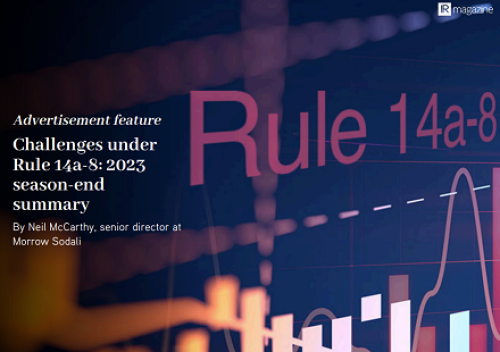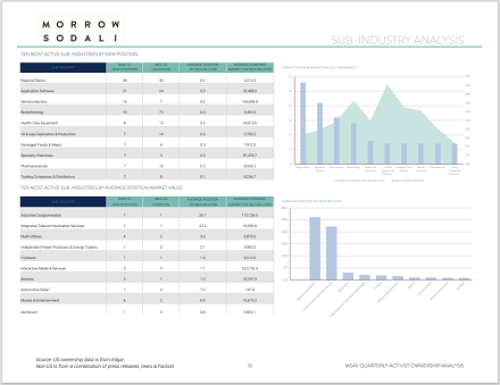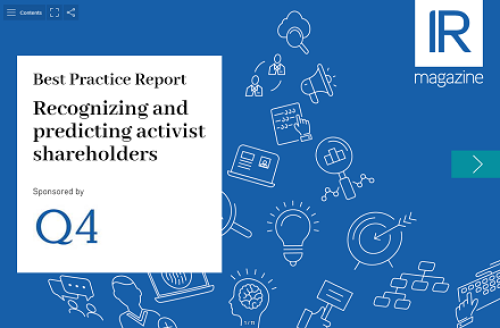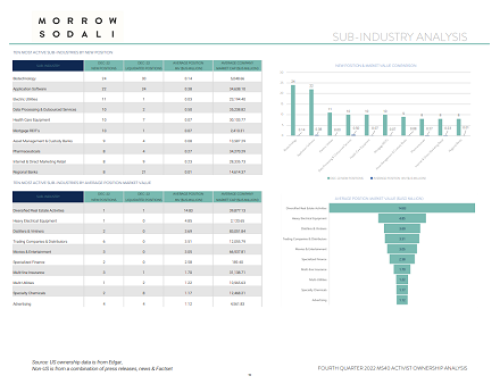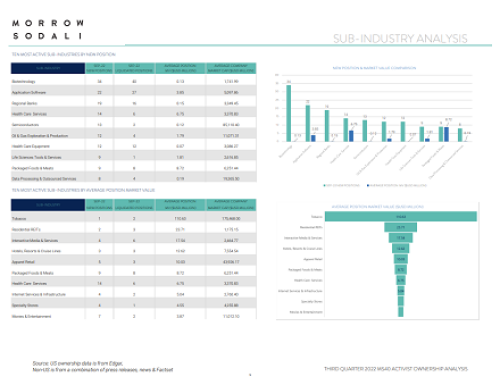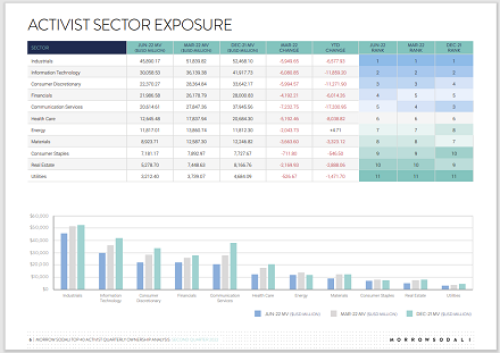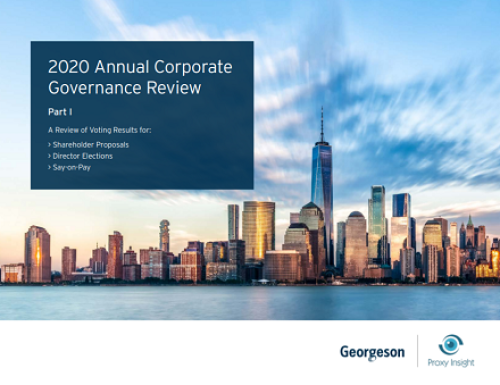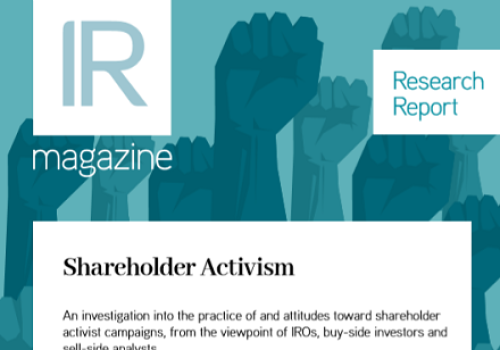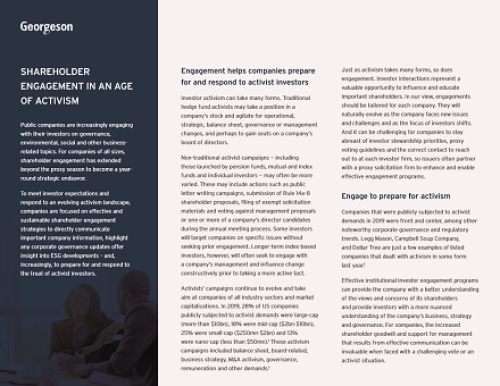This is the end of a ‘clash of the titans’ saga. Disney and its CEO Bob Iger have prevailed in their fight against Nelson Peltz and his activist fund Trian Partners.
According to Disney’s press release, its 12 nominees have been re-elected by a ‘substantial margin’ during its recent AGM, while Trian and Blackwells Capital, another activist fund, were denied any board representation. Of note are the opposed recommendations from Glass Lewis and ISS, the former in favor of Disney, the latter in favor of Trian.
Behind this battle – one of the most expensive in the history of activism, according to the Financial Times: it cost Disney an eye-watering $40 mn and Trian $25 mn – hides a trend with meaningful implications for listed companies that is transforming their relations with institutional shareholders. The latter, while not activist by nature, have significantly increased their engagement with companies in recent years in order to ensure the quality of their governance and to be in a position, if necessary, to request change.
Institutional engagement
It also played out in the 31 questions asked by the French firm Dorval Asset Management, a subsidiary of Natixis, at €50 mn ($54 mn) market cap data firm Micropole’s 2023 AGM, which covered topics ranging from governance and financial communication to compensation. We are far from the time when general meetings were mere rubber-stamping chambers.
This new reality originates in the 2007/2008 financial crisis and the relentless rise of passive investment.
First, Royal Bank of Scotland’s bankruptcy in 2008 and its deep vulnerabilities in terms of governance were an epiphany to institutional fund managers across the world: they realized their fiduciary duty was not limited to the sole responsibility of making their clients’ money grow but also required supervision of their investee companies to ensure proper governance practices. Many institutional investors’ current behavior can be explained by this new requirement to prove to their clients that they are properly conducting their mandate.
Second, the rise of passive investment led active investment managers to drastically increase their engagement with corporates as a way to justify their elevated fees (versus passive funds).
This trend of heightened engagement, which is supporting a necessary modernization of governance practices at many listed companies, is happening at a time when financial, operational, social, geopolitical, sanitary and environmental crises are shooting up everywhere.
Maintaining financial reputations
The combination of these crises and institutional activism is a powerful and potentially damaging wave for the financial reputation of corporates. Leaders are now repeatedly challenged, boards of directors are suddenly targeted and under pressure, and general meetings have transformed into reputational battlefields.
The first pillar of financial reputation remains the company’s financial performance and its ability to execute and deliver. This is the fundamental principle of investor relations and is behind the creation of a trustful relationship with financial markets.
But there is now a second pillar based on long-term, constructive and structured engagement with shareholders’ voting teams, and not solely right before AGMs when some resolutions are at risk of not being voted. It is a demanding task that requires heavy work and commitment from many teams: IR, finance, legal, compensation, ESG and the lead independent director. But the return on investment is real: the process tells shareholders that the company is respectful of their rights and open to their recommendations. They will remember this during hard times.
As a consequence, IR teams’ responsibilities have profoundly evolved over the past years to integrate shareholder engagement, a task previously led by the legal team. Put simply, the challenge for the head of IR is not only to search for new investors and build trust but, once they have become shareholders, to look after them up to the vote at the AGM.
Financial reputation is a driver of trust and fair valuation and is a powerful protection during times of crisis. To be well thought through, well built and well defended requires a global approach where two previously separate disciplines – investor relations and shareholder engagement – are now more integrated.
Heads of IR are conductors of a play whose stakes have become critical to their leaders and board of directors, in a context loaded with crisis and shareholder activism.
Jean Benoit Roquette is the former head of IR at Ubisoft, a French listed software company, and founder of Balboa Conseil, a financial reputation advisory firm

